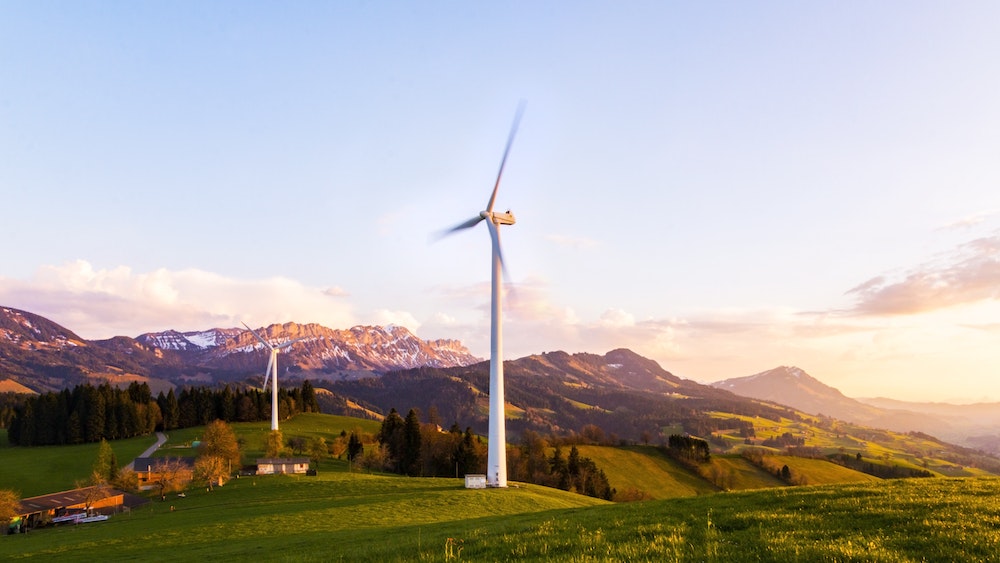The definition of sustainability applied to economics and ecology is “that it can be maintained for a long time without depleting resources or causing serious damage to the environment”.
The concept of sustainability, in relation to sustainable development, is to guarantee economic development, taking into account social aspects and environmental protection. One of the main objectives of environmental sustainability is to promote the exploitation and good use of available natural resources, as well as the use of alternative energy sources. On the one hand, it is about conserving fossil or non-renewable resources to avoid their premature depletion; on the other hand, it involves the use of renewable energies such as solar, wind, or geothermal.
There are numerous environmental sustainability actions and strategies that can be developed at different levels. Governments, large corporations, smaller companies, and citizens, everyone can do their part to contribute to sustainable development.
We provide training, information, and support on:
- Garbage Recycling
- Biodegradable products
- Clean Energy
- Sustainable agriculture
- Use of water
- Eco-friendly tourism
- Sustainable architecture and non-polluting transportation

